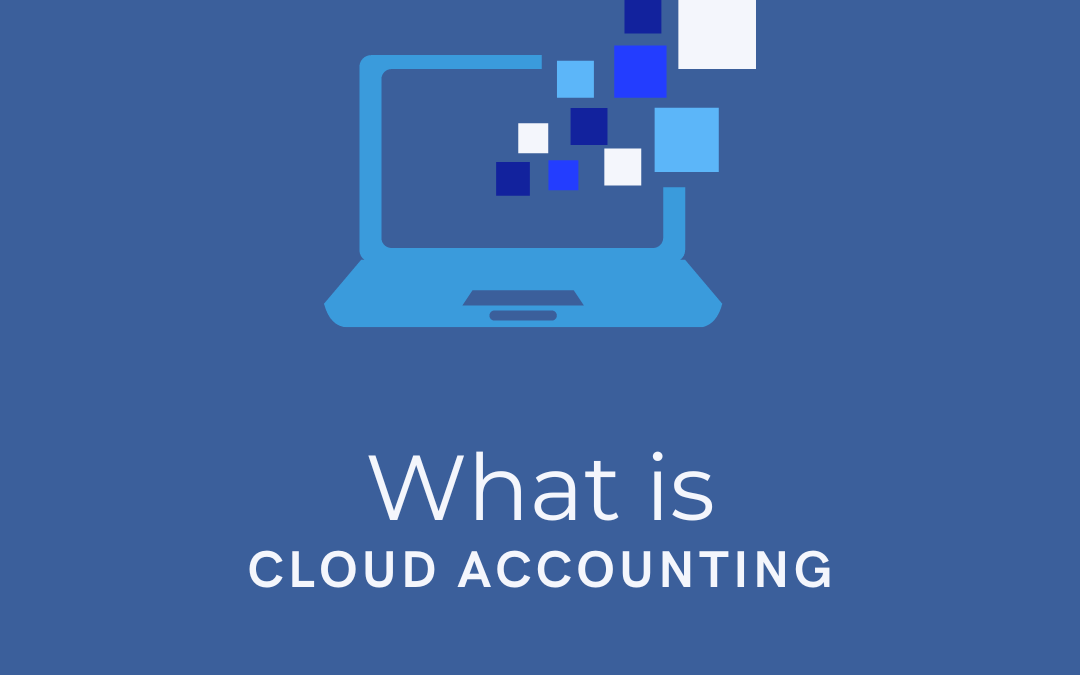
What is Cloud Accounting
What is Cloud Accounting
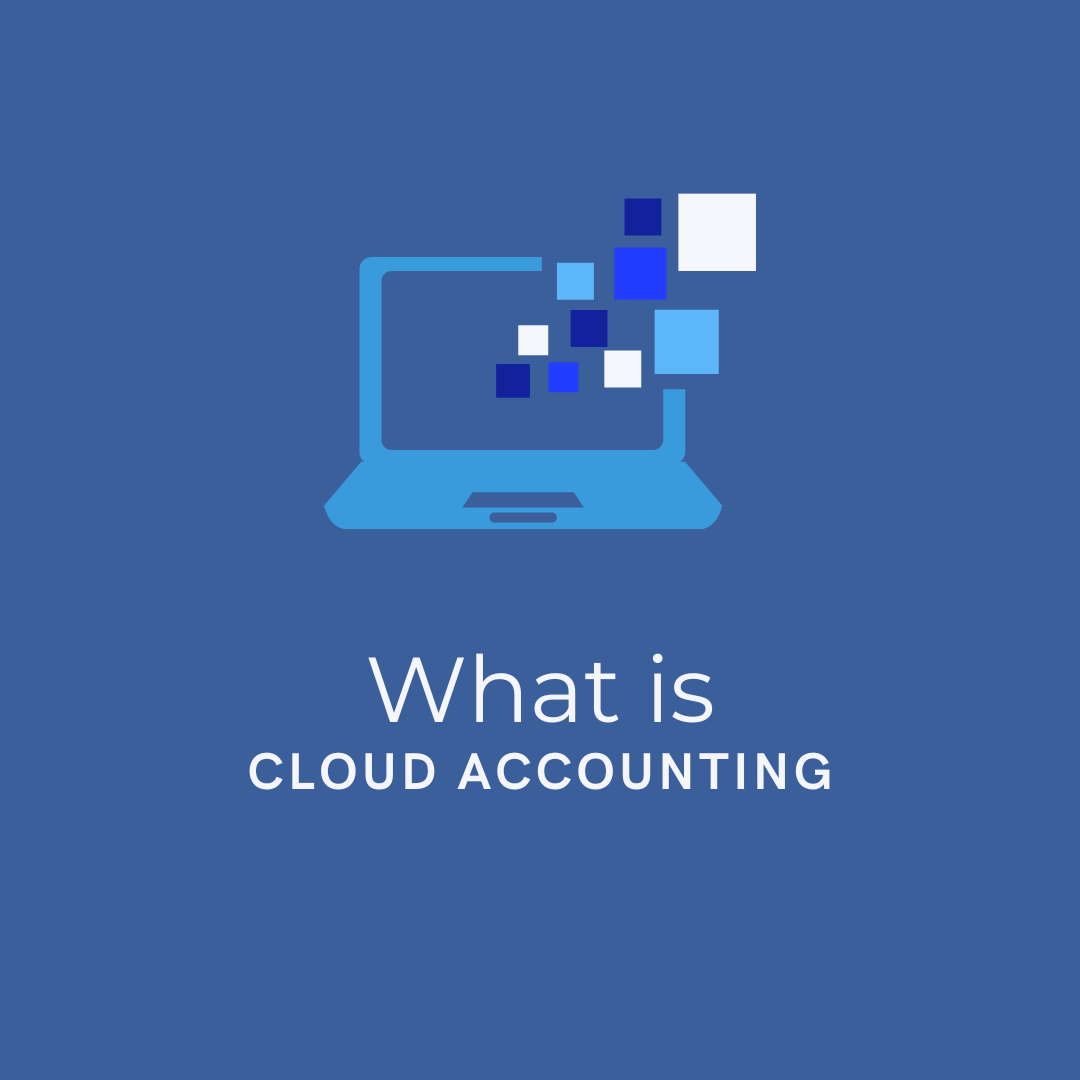
Cloud accounting is the perfect solution to manage the bookkeeping for your business. Cloud accounting is software which you can access from anywhere you have an internet connection. Unlike desktop accounting software there’s no downtime as updates occur on a regular basis. You no longer need to worry about those notifications telling you to update now, when you just don’t have the time! By using cloud accounting your finances are always at your fingertips, which makes great business sense as you’re able to make accurate business decisions in good time.
Cloud accounting has been around since the early 2000’s but has become increasingly more popular due to the easy accessibility. All information which is stored within your cloud accounting software is encrypted which means it’s safe and secure. Most cloud software will ask for two factor authentication which means only you can access it with your login.
What are the benefits?
- Access your accounts any time of day from anywhere you have an internet connection
- View your data in real time
- Live bank feeds
- Paperless recording of expenses with third party integration
- Integrate and connect with other apps to enhance your experience
- Multiple user access
- Automation to save you time
- MTD compliant
- Reports and cash flow forecasting
- Easy reconciliation
Unlike using old school methods of bookkeeping such as recording your transactions on a spreadsheet, there is less room for human error. This means the information you see is up to date and accurate. Software has evolved so much over the years I’ve been a bookkeeper, but it’s now advancing rapidly meaning we have to keep up with the latest technology available to us to give our clients the best service possible.
We would be lost without cloud technology. The introduction of cloud accounting has made a huge difference to how we run our business. Our processes are much more streamlined and efficient, enabling us to help more clients than ever before with their bookkeeping and payroll.


ABOUT SUE
Sue Haynes is the founder of Cactus Bookkeeping and helps business owners
with all aspects of Bookkeeping to save them time so they can concentrate on running their
business. Sue is licensed, regulated and supported by the Institute of Certified Bookkeepers (ICB)





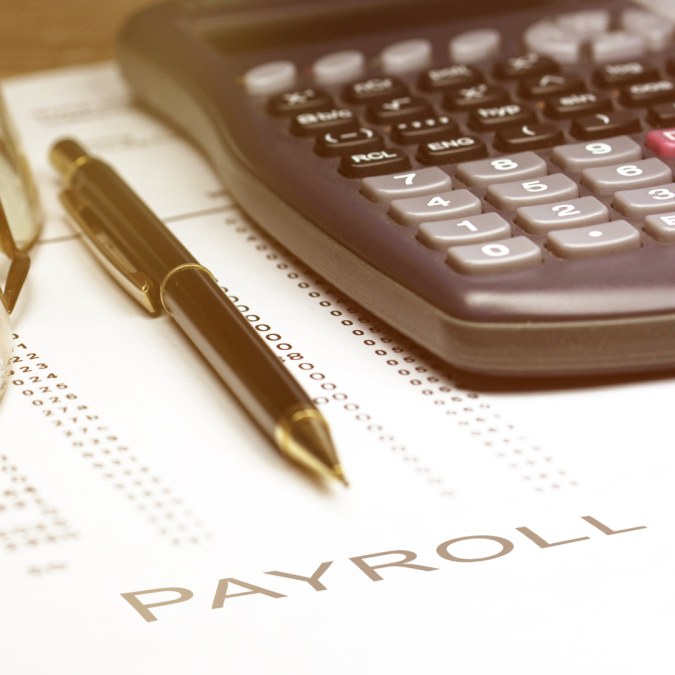
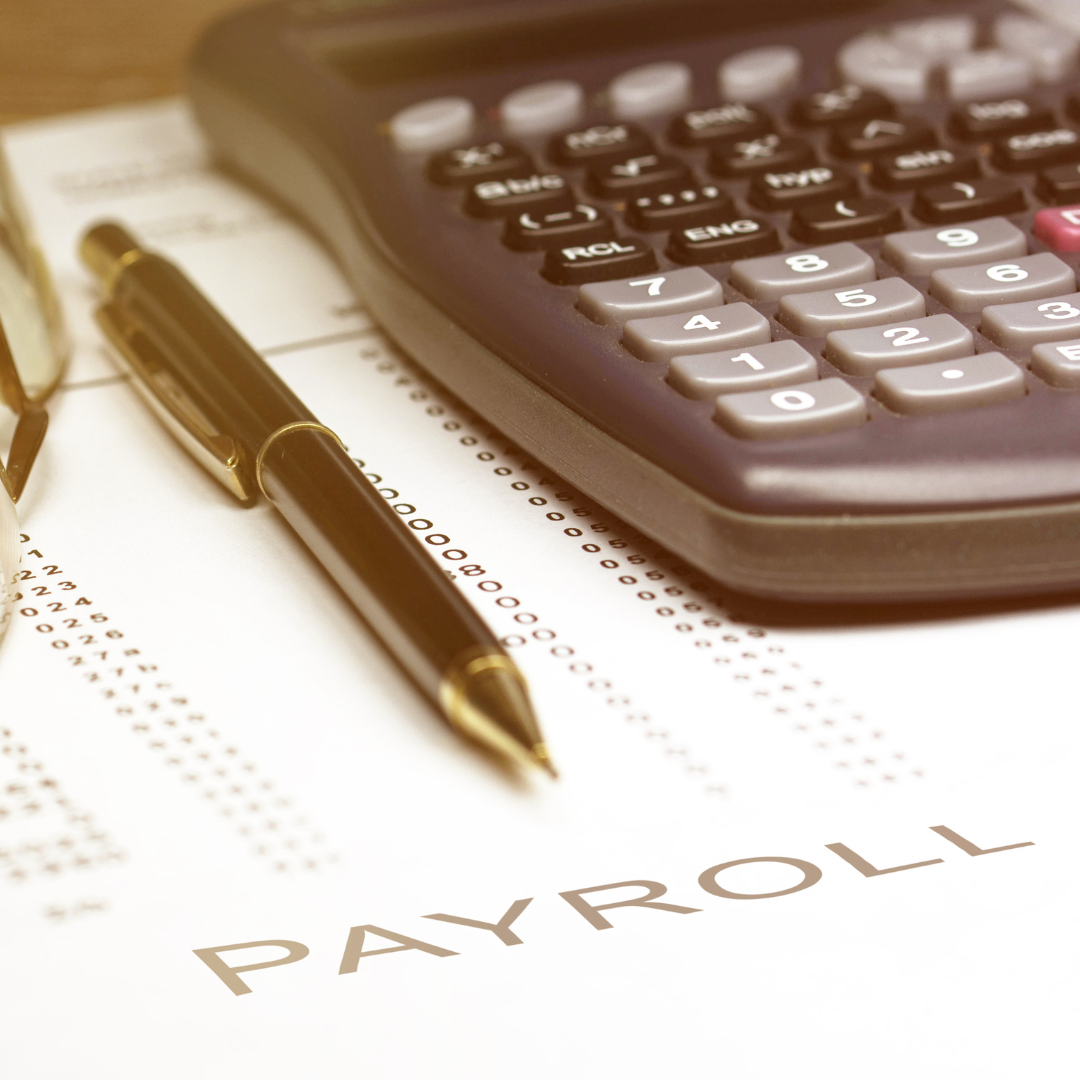
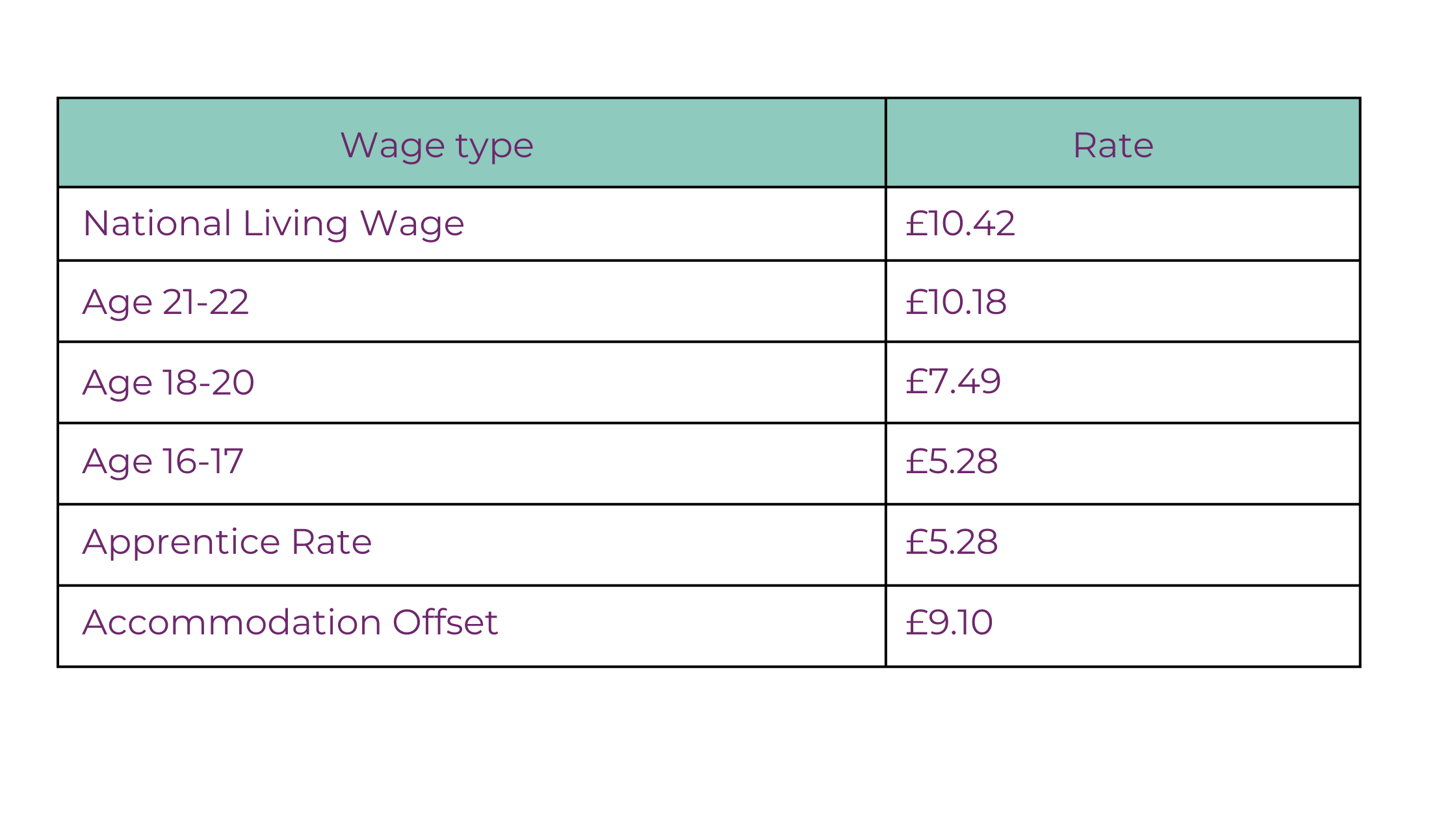
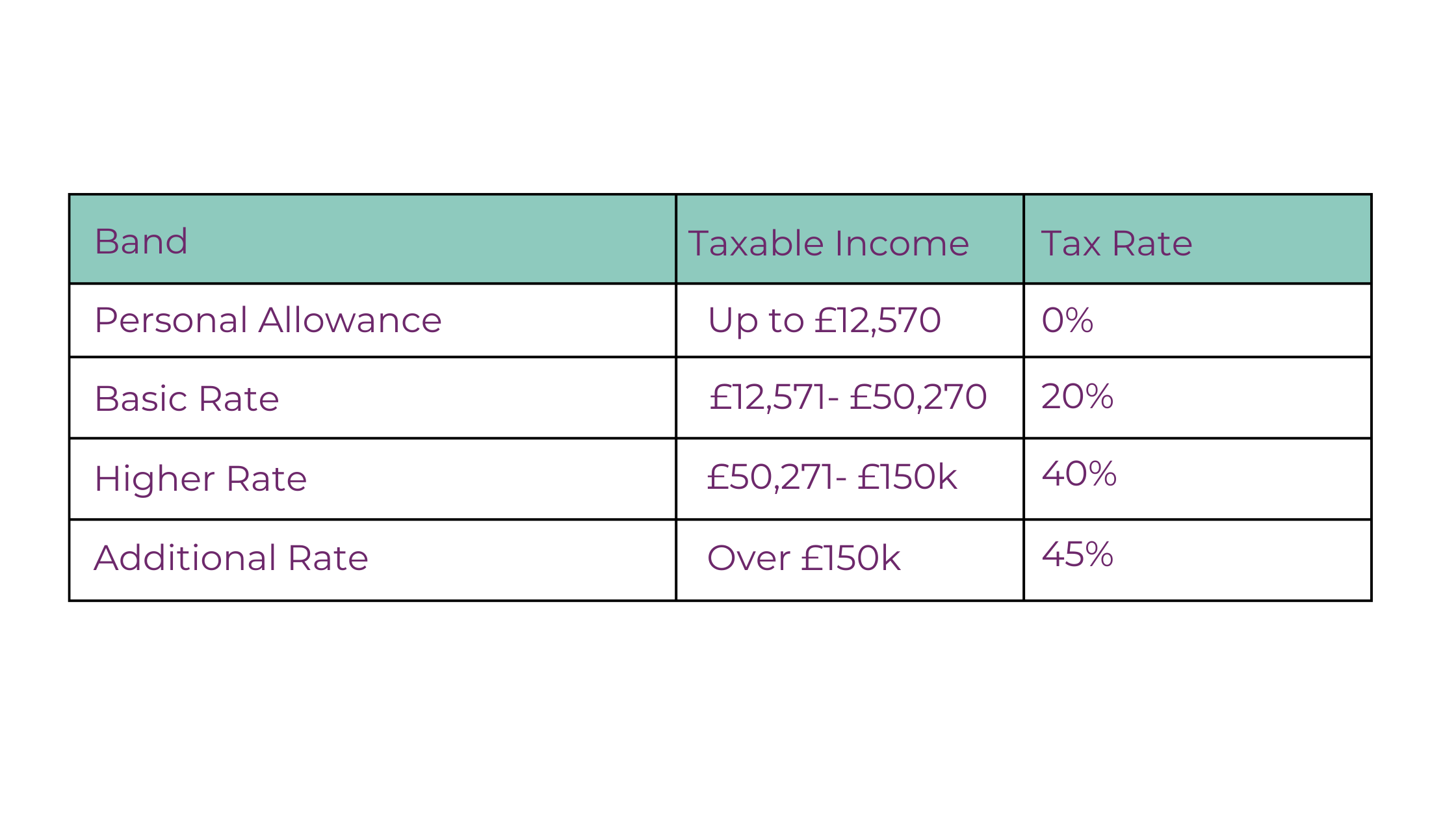
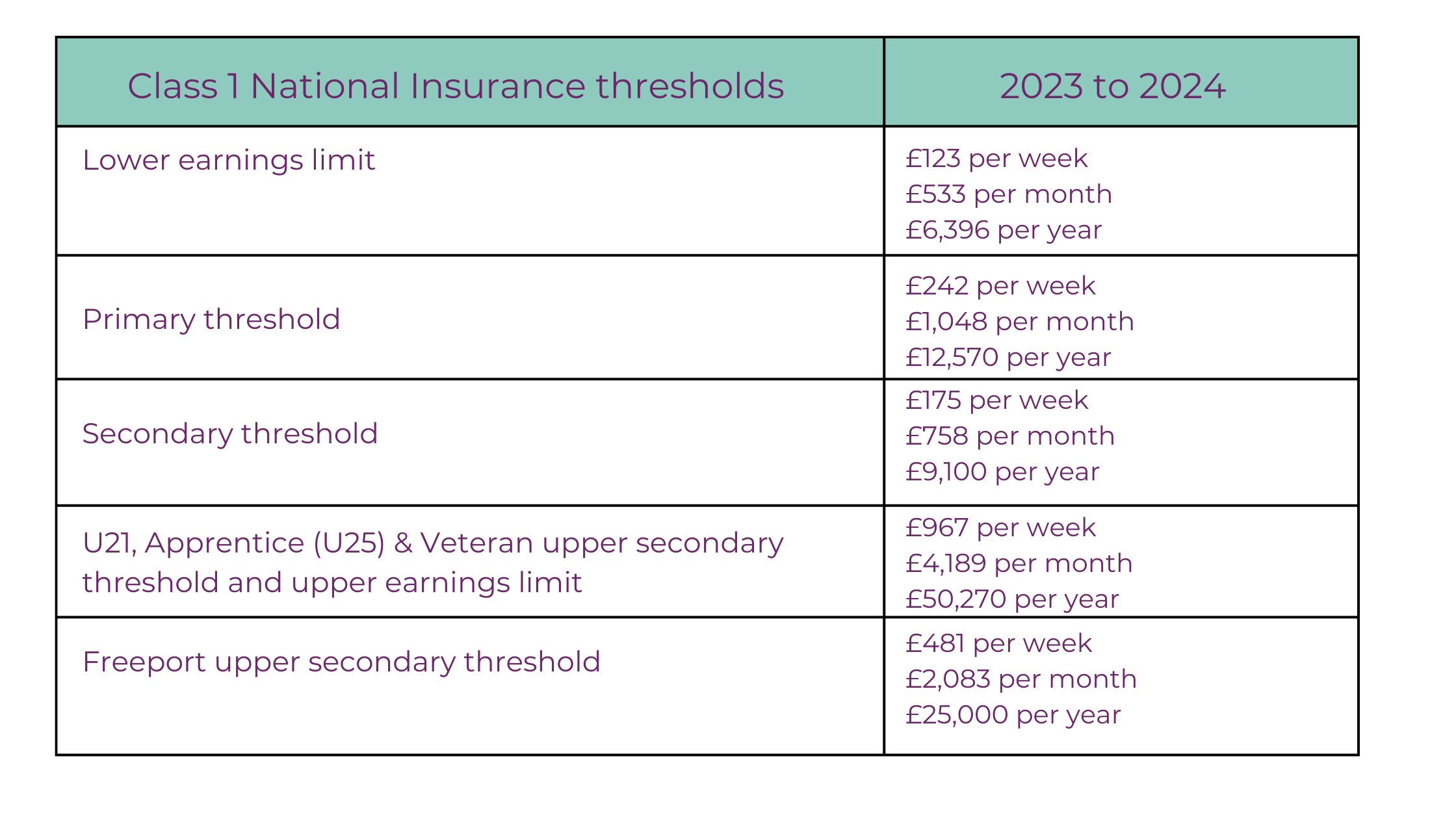
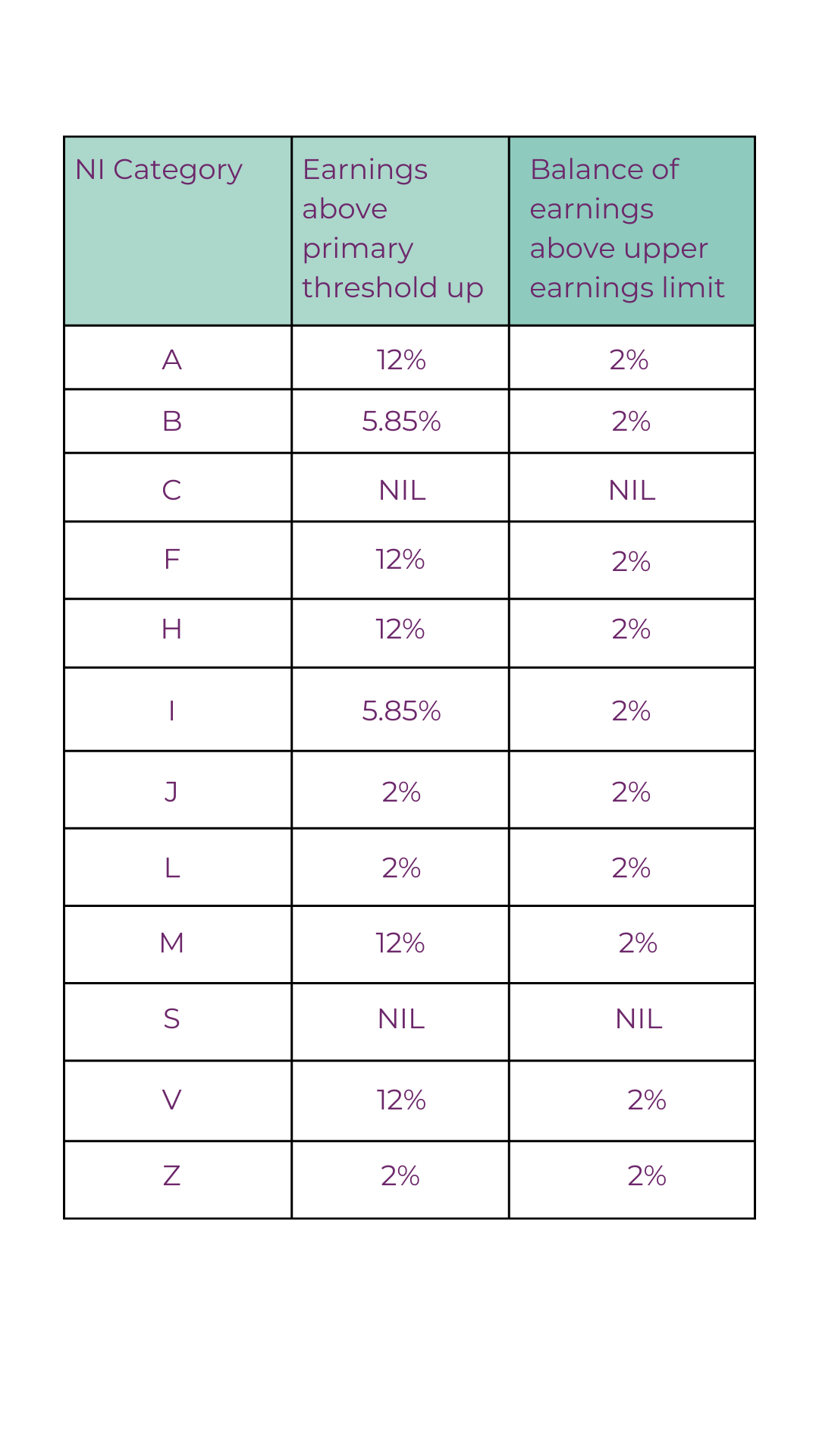




Recent Comments